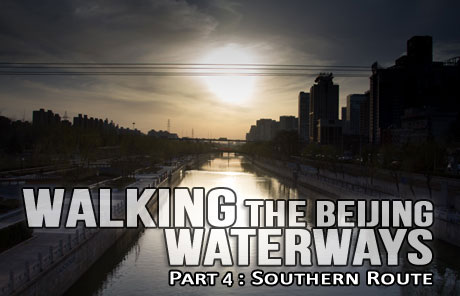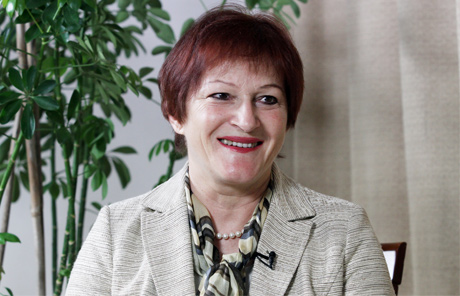
 'Taken 2' grabs movie box office crown
'Taken 2' grabs movie box office crown
 Rihanna's 'Diamonds' tops UK pop chart
Rihanna's 'Diamonds' tops UK pop chart
 Fans get look at vintage Rolling Stones
Fans get look at vintage Rolling Stones
 Celebrities attend Power of Women event
Celebrities attend Power of Women event
 Ang Lee breaks 'every rule' to make unlikely new Life of Pi film
Ang Lee breaks 'every rule' to make unlikely new Life of Pi film
 Rihanna almost thrown out of nightclub
Rihanna almost thrown out of nightclub
 'Dark Knight' wins weekend box office
'Dark Knight' wins weekend box office
 'Total Recall' stars gather in Beverly Hills
'Total Recall' stars gather in Beverly Hills
Framed by controversy
Updated: 2013-04-28 09:46
By Zhang Kun (China Daily)
|
||||||||
 |
|
Beautiful Countryside, oil on canvas by Wang Yidong. |
Wang Yidong, one of the exhibited artists, attended the opening and said Realistic art embodies the Chinese philosophy of harmony and moderation.
These paintings are accessible to audiences, but have distinctive artistic personalities at the same time.
"You can read in them the connection between heritage and individuality. Read deeply and you will know it's never easy to achieve that," Wang says.
Wang's paintings often feature young women against a backdrop of Chinese rural landscapes. When he was studying in the 1970s, art was considered a propaganda tool and typical subjects were national leaders, socialist workers and heroic scenes.
"Wang Yidong turned away from politics, and brought art to the countryside and humanity itself," Jia says. "Like Chen Danqing, who painted Tibetan people in their natural setting, he sang the praises of local life and culture, rather than the liberation of Tibet.
"These artists were marginalized at that time. They were the first to raise sharp questions about the mission of art and their works were pioneering and refreshing," Jia says.
Wang says inspiration has to come from inside the artist and the deeper the feeling the more powerful the image is likely to be: "It's just like the clich, you have to follow your heart," he says of his subjects and the Realist style.
 |
Realism is not only legitimate in the contemporary art scene but also has rich potential, Jia says. Talented artists will make fresh observations and continue to convey sensual expressions in powerful images.
Long Museum, which opened in 2012, is privately owned by Liu Yiqian and wife Wang Wei.
It will open a new branch on the western bank of the Huangpu River later this year, presenting the couple's classic Chinese art collection.
|
|
|
| Dancer Yan He: making her way outside the system | Art exhibition themed on Chinese ocean held in Beijing |
Most Viewed
Editor's Picks

|

|

|

|

|

|
Today's Top News
China, EU 'to renew ties'
Life goes on after Lushan earthquake
TEDA inks investment agreement with Egyptian govt
Industries post lower profit growth
China, EU agree to beef up cooperation
China's court hears Jordan suit
Top charitable donor list published
China's retrieval of lost relics needs time
US Weekly

|

|









